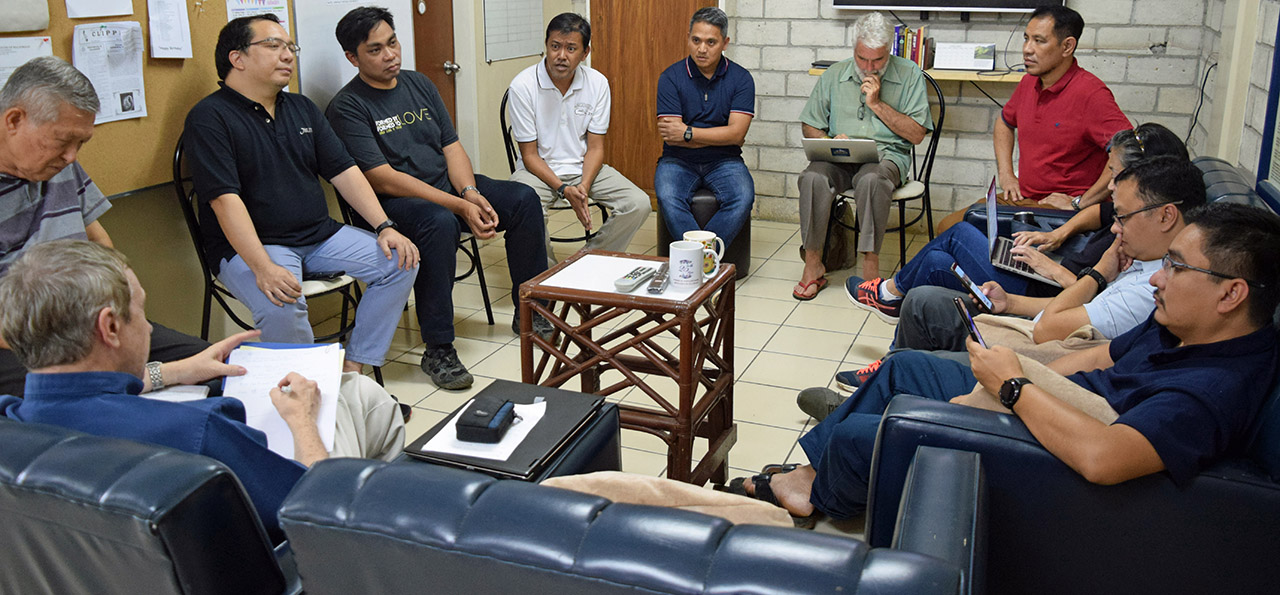Mindanao: Jesuits promote peace and interreligious dialogue through education
In the large Muslim majority southern island, the Catholic University of Davao is networking with Koranic schools to teach the value of interreligious dialogue right from school. The goal is social peace in one of the highest tension areas of the country.
Manila (AsiaNews) - In the southern Philippines, where the majority of the population is Muslim, a Catholic university run by the Jesuits has been promoting dialogue and social peace through education for some years. It's called the Madaris Volunteer Program (Mvp), and it's a joint initiative of the Catholic Educational Association of the Philippines and the Ateneo de Davao University: the goal is the promotion of interreligious and intrareligious dialogue.
The "Madaris" (plural of madrasah), traditional Islamic schools that teach Arabic, the Koran and Islamic principles, the Office of the Presidential Adviser for Peace, Reconciliation and Unity, and the National Association for Bangsamoro Education support the Jesuit initiative in collaboration with the regional government of Mindanao.
“The goal is to support and promote education. We believe it is essential to advance the culture of respect between denominations, common well-being and peace", explains Jesuit Joel E. Tabora, president of the national advisory commission of the Philippine university.
To provide high quality education and embed the values of inclusion and peace in the disciplines taught, the university sends trained instructors and volunteers to "madaris" schools especially in the Bangsamoro territories.
Br. Tabora adds: "Together we can create a more harmonious society for all. In Bangsamoro we are committed to improving the lives of students and communities".
The Madaris Volunteer Program aspires to create a new atmosphere of mutual respect, cooperation and shared learning between Islamic and Catholic schools, especially where the poorest communities live, which have the lowest literacy rates in the nation.
The Mvp offers a wide variety of training sessions for teachers who will support the teachers in the madaris by living for months in local communities and villages. In this way the Koranic schools, while teaching, will indirectly promote an effective campaign for interreligious dialogue.
This encounter between individuals of different religions, according to the promoters of this project, is essential for increasing cultural sensitivity and achieving lasting peace in Bangsamoro and Mindanao, thanks to the fact that this dialogue can already begin in the classroom.
There are currently 11 madaris who collaborate with the Jesuit educational project in the cities of Cotabato, Lamitan and in the province of Maguindanao. After decades of conflict and unrest in Mindanao - due to unresolved issues from the colonial era combined with Muslim independence claims - for the first time a more peaceful future seems to appear.
"This project focuses on peace education and the encouragement of intercultural and interreligious understanding thanks to the relationships we are building between teachers, us students and the Madaris communities", concludes Bai Fatima, a student of Datu Ibrahim Paglas, an institute that is part of the MVP network.
Photo: Jesuit Global







.png)










